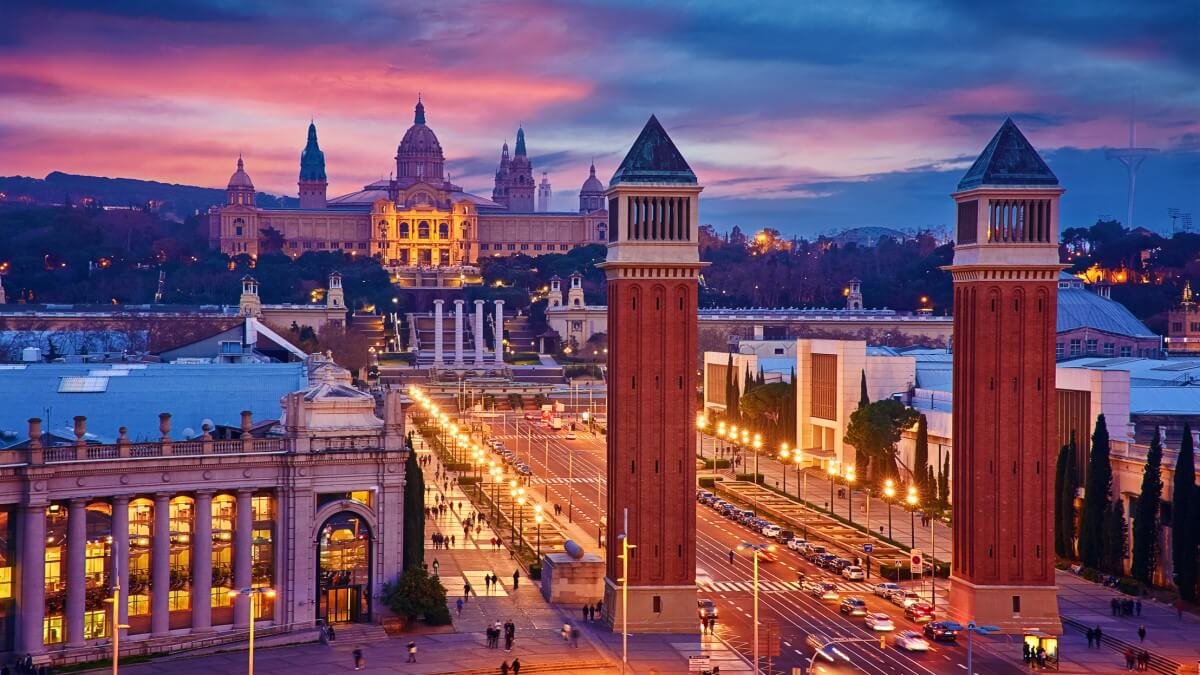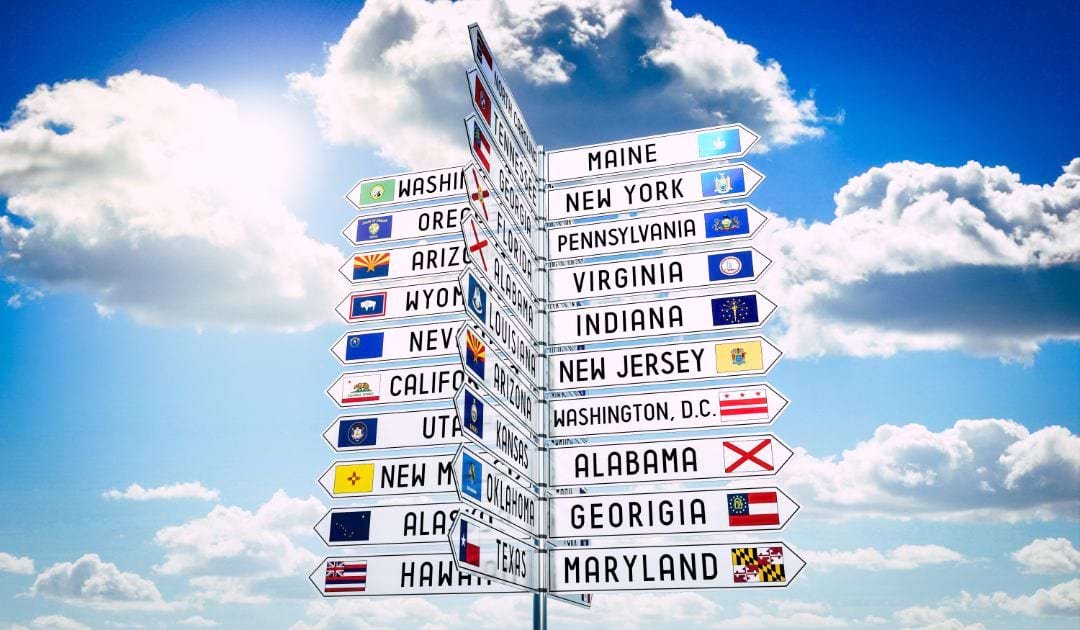

Barcelona Introduces Restrictive Measures for Tourists In a Bid to Tackle Massive Tourism
According to the latest rules, noise restrictions, person capacities, and a one-way system for tours in different centres across the city, in an effort to reduce the pressure on the residents, AtoZSerwisPlus.com reports.
The new measures include reducing the disruption caused by large tour groups in the city, which will have to start using headsets and earpieces instead of megaphones or speaking at a normal volume. In addition, tours have to adjust to a one-way system, and only 24 streets and squares can be visited.
During these tours, tour guides will be required to choose stops with more spacious environments in order not to become an issue for other pedestrians.
The tour groups will be allowed to have 15 people instead of 30 when visiting the very narrow streets of the Ciutat Vella, which, as Euro News cites, is the city’s oldest neighbourhood. Moreover, some historical sights are limited to allow groups of three to eight visitors.
Furthermore, visitors are encouraged by the tour companies to book their tours in advance instead of buying tickets in the city streets, which can cause chaos considering the high number of visitors.
However, Barcelona isn’t the only city to introduce measures, as Playa de Palma, one of the Mallorca’s most popular spots, has launched a dress code for bars and restaurants, as visitors will not be permitted to enter if they are wearing swimsuits, football kits, umbrella hats or gold chains.
Spanish authorities have also imposed a “six drinks a day” rule for all-inclusive resorts in a bid to curb the ‘drunken tourism’ going on in the country. Holidaymakers will have to pay for their additional drinks.
The Netherlands has also been working on campaigns to attract the right kind of tourists, aiming at respectful tourism. The country allocated hundred of thousands to make the city a tourist-friendly spot, where visitors come to see the city’s street art and cultural spots.
“Bars and restaurants, shops, and cultural institutions in Amsterdam have been hard hit by the consequences of the coronavirus crisis. Visitors are coming back to our city again, and this campaign directs them to types of visits in order to contribute to the economic recovery of the city and the region,” the Dutch Head of Economic Affairs, Victor Everhardt, said.
According to a report published by the European Travel Commission, pre-booking tickets and having a limited number of visitors are the two main effects that came from the pandemic but that visitors want to stick with even after the pandemic comes to an end, as those facilitate travelling and make the experience more fun and smooth.


















